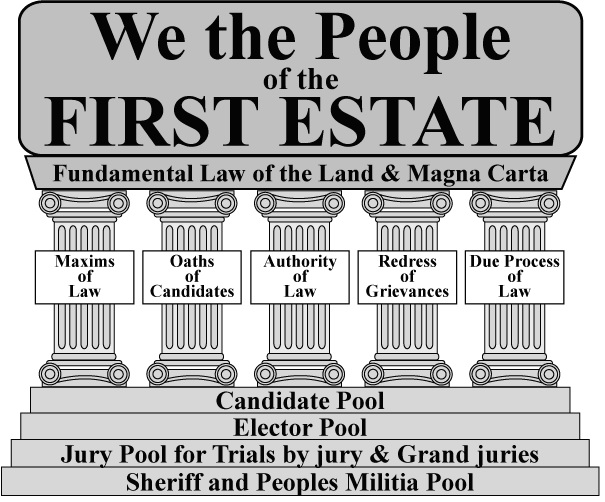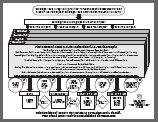- 91r. Every one is a regulator and disposer of his own property. Co. Litt. 223a.
- 91u. Long possession produces the right of possession, and takes away from the true owner his action. Co. Litt. 110b, 115a; Fleta, lib. 3, c. 15, s. 6; Branch, Princ.; Co. Litt. 6.
- 91z. That which is mine cannot be lost, transferred to another, or taken away without my own act, consent, or forfeiture. Broom. Max. 465; Jenk. Cent. p. 251, case 41; 8 Coke, 92; Dig. 50, 17, 11.
- 91bb. The right of property is that sole and despotic dominion which one man claims and exercises over the external things of the world, in total exclusion of the right of any other individual. 1 Bl. Comm. 138; 2 Bl. Comm 2, 5.
- 91ee. No man is compelled to sell his own property, even for a just price. 4 Inst. 275.
Property Rights & Possessions Audio



 Post a Comment
Post a Comment